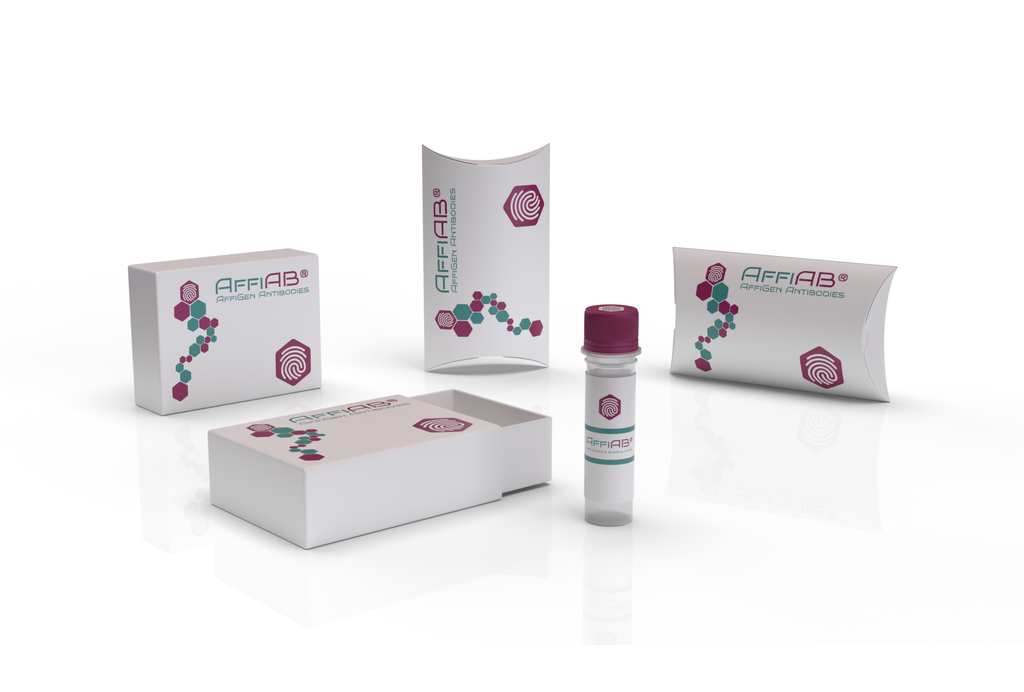AffiAB® Anti-SMAD3 Antibody
Smad proteins, the mammalian homologs of the Drosophila Mothers against dpp (Mad) have been implicated as downstream effectors of TGFβ/BMP signaling. Smad1 (also designated Madr1 or JV4-1) , Smad5 and mammalian Smad8 (also designated Smad9 or MADH6) are effectors of BMP2 and BMP4 function while Smad2 (also designated Madr2 or JV18-1) and Smad3 are involved in TGFβ and activin-mediated growth modulation. Smad4 (also designated DPC4) has been shown to mediate all of the above activities through interaction with various Smad family members. Smad6 and Smad7 regulate the response to activin/TGFβ signaling by interfering with TGFβ-mediated phosphorylation of other Smad family members.
Antibody type
Rabbit polyclonal Antibody
Uniprot ID
SwissProt: P84022 Human
Recombinant
NO
Conjugation
Non-conjugated
Host
Rabbit
Isotype
IgG
Clone
N/A
KO/KD
N/A
Species reactivity
Human, Mouse, Rat, Zebrafish
Tested applications
WB, IF-Cell, IHC-P, FC
Predicted species reactivity
N/A
Immunogen
Synthetic peptide within N-terminal human SMAD3.
Storage
Store at +4°C after thawing. Aliquot store at -20°C or -80°C. Avoid repeated freeze / thaw cycles.
Form
Liquid
Storage buffer
1*PBS (pH7.4) , 0.2% BSA, 40% Glycerol. Preservative: 0.05% Sodium Azide.
Concentration
1 mg/mL.
Purity
Immunogen affinity purified.
Signal pathway
N/A
Recommended dilutions
IF-Cell: 1:50-1:200; IHC-P: 1:50-1:200; FC: 1:50-1:100; WB: 1:500-1:1, 000
Molecular Weight
48 kDa
Subcellular location
Cytoplasm, Nucleus, endoplasmic reticulum
Positive control
Hela, HCT116, HepG2, human colon cancer tissue, human lung carcinoma tissue, human breast carcinoma tissue, human liver tissue, human stomach carcinoma tissue.
